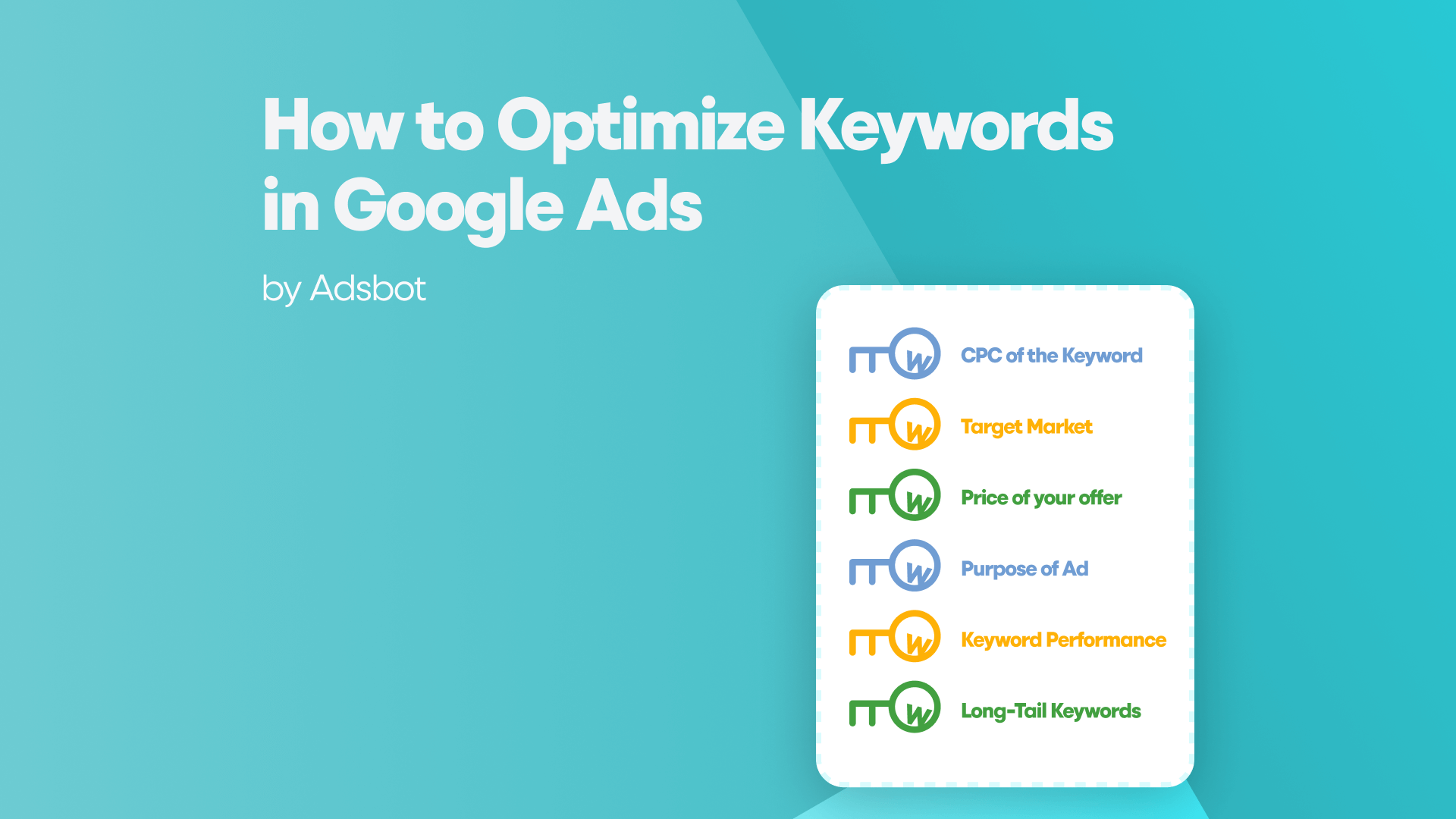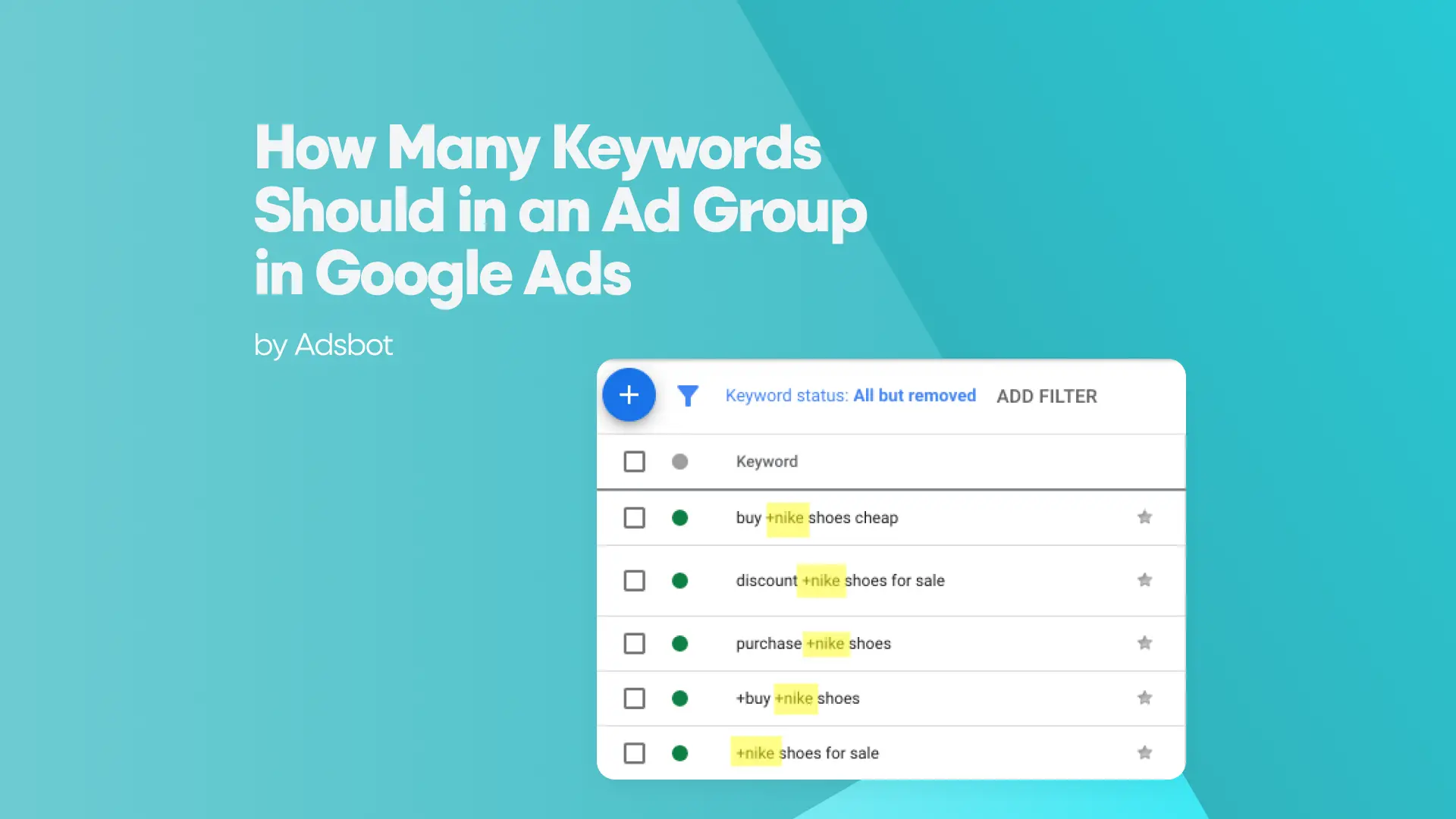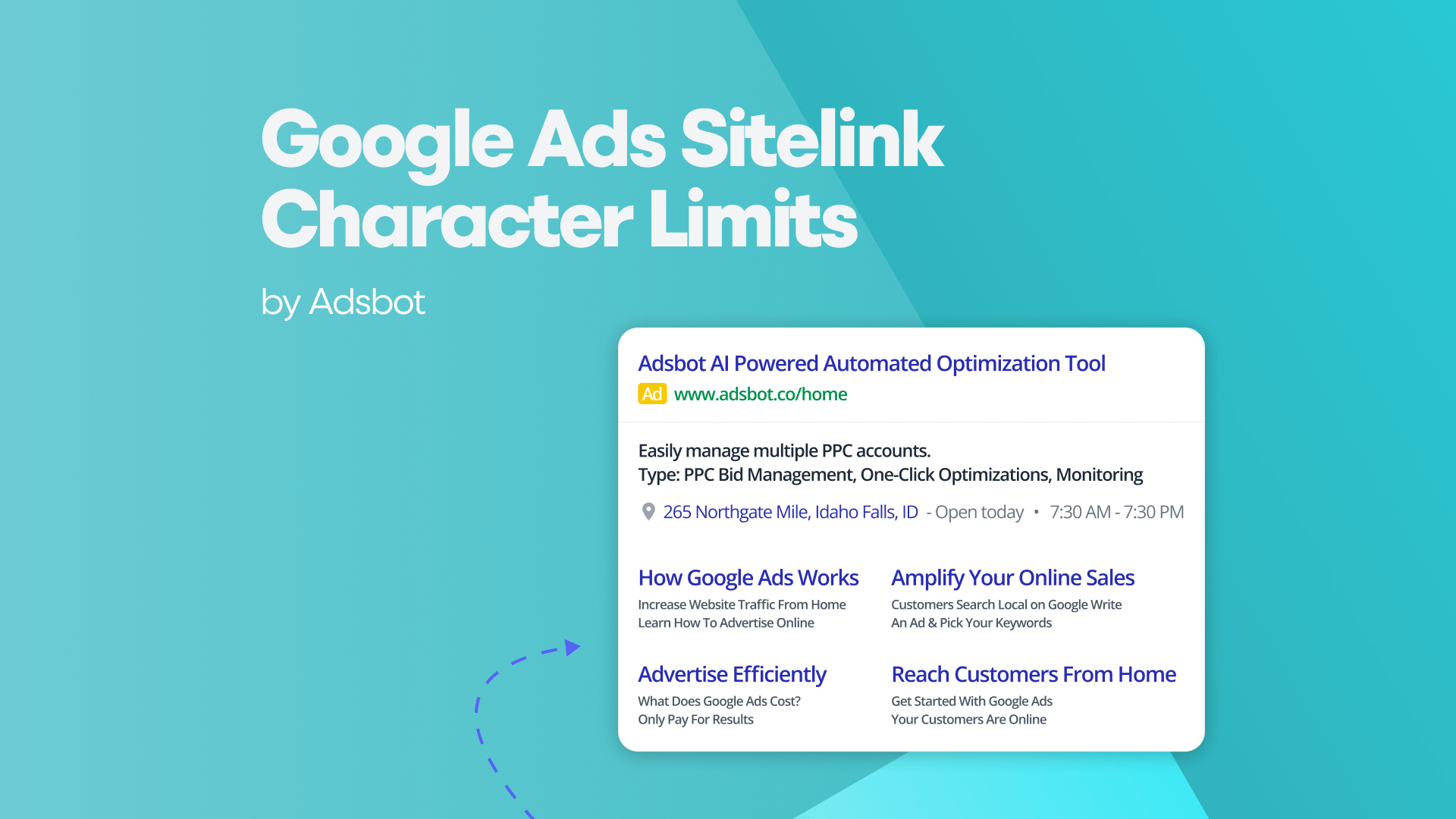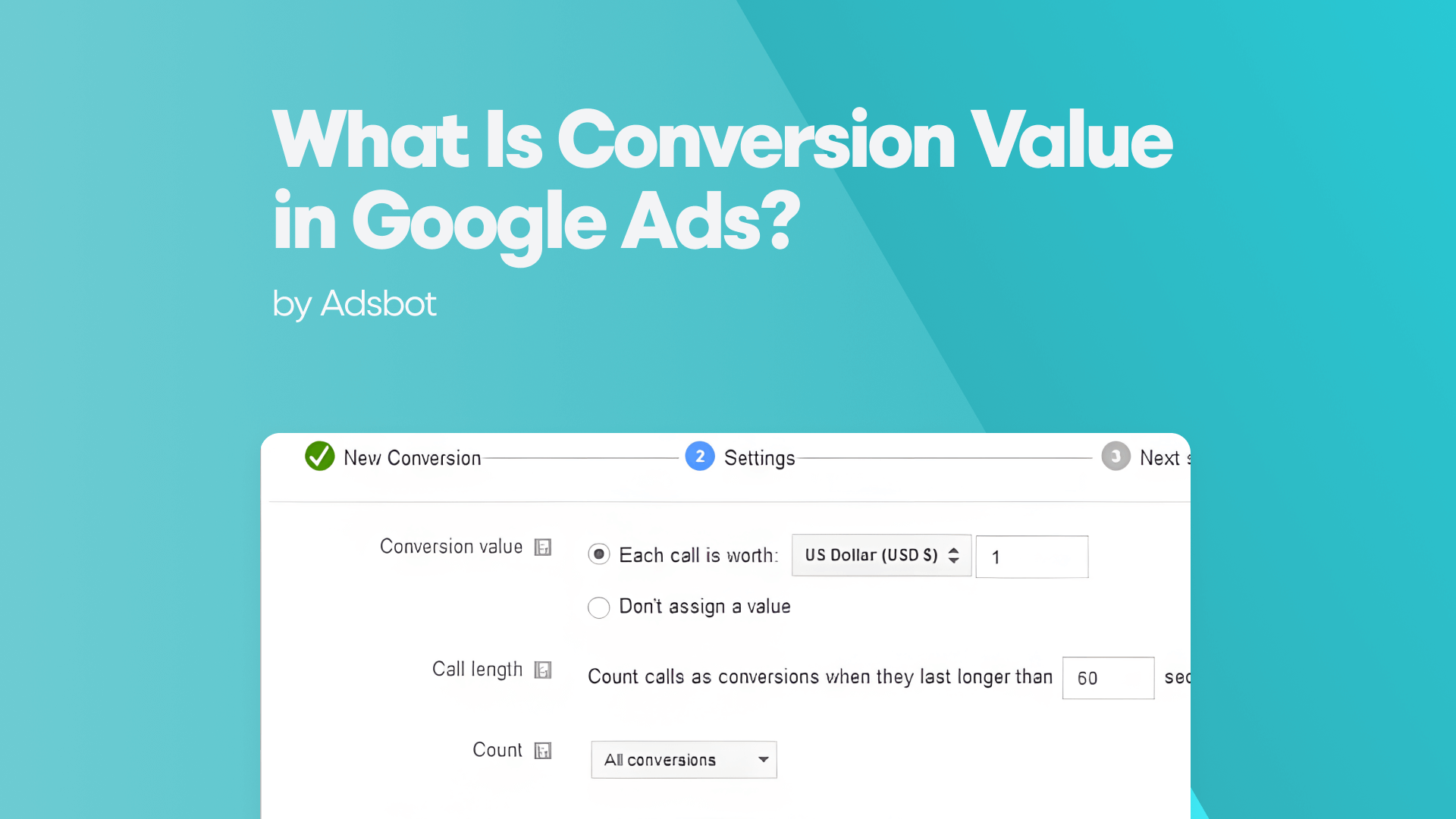Your click-through rate, conversions, and overall success may all be significantly improved by optimizing your keyword selection. We’ll teach you how to optimize your keywords for Google Ads in this post to get better results.
What Makes a Good Keyword?
A good keyword should be precise and applicable to your industry and target market. Also, it must to have a large search volume, little opposition, and a reasonable cost per click (CPC). While choosing keywords, take the searcher’s intention into account. Too general of a term could generate a lot of irrelevant impressions. A term that is too specialized, on the other hand, might not produce enough impressions to be useful. Remember that a user’s search query will mostly determine whether or not they click on your advertisement. Hence, by properly optimizing your keywords, you may maximize conversions by ensuring that the right individuals see your advertising at the right moment.
Review Your “Search Terms” Report to Find Negative Keywords
Reviewing your “Search Terms” report is a great way to find negative keywords. This report contains the search terms that users have entered before viewing your ads and visiting your website. It is critical to assess the usefulness of these terms and potential click-through waste. To locate currently used negative keywords, open a negative keyword list or utilize the “Negative Keywords” tab. You may make sure you are using the right keywords and avoiding irrelevant queries by examining this data. In order to optimize your Google Ads campaigns, you may use this to make ad groups with pertinent keywords, pay attention to quality score, and test out different ad text options.
You can make negative keyword optimization easier and more organized with Adsbot. Adsbot is a software that can make all the improvements made by digital marketing experts with the help of machine learning. With Adsbot, which is frequently used by advertisers, you can write ad texts, perform A/B tests and follow regular keyword query. If you have time and budget constraints, Adsbot will perform all this optimization for you and help you make decisions by presenting the analysis results.
Use Keyword Planner to Analyze Data
You may use Google Keyword Planner to examine data to help you choose the ideal keywords for your advertisements. The tool will provide relevant keywords and phrases as well as keyword search volume and competitiveness. This information may be used to evaluate the effectiveness of your present keywords, identify new ones to target, or even to hone in on long-tail keywords to improve your campaigns. The program may also help you find any unfavorable keywords that might be preventing potential clients from seeing your adverts. You can make sure that your ads are seen by the correct people by optimizing your keyword selection and employing relevant ad text variants.
Target Long-Tail Keywords
You may improve your Google AdWords campaigns by focusing on long-tail keywords. Long-tail keywords are focused, frequently two or more word phrases that are more likely to be utilized by customers that are farther along in the buying process and are therefore more likely to convert. By focusing your ads on people who are prepared to make a purchase decision, you can employ long-tail keywords to reduce ad spend and boost return on investment. You may use a keyword planning tool like Google Adwords Keyword Planner to locate long-tail keywords. You’ll receive a list of keywords you may use in your ads as a result. Additionally, you can also use your query report from your Google Ads account to find long-tail keywords that you have already targeted and test different ad variations to increase click-through rates (CTRs).
Use Automated Bidding
Using automated bidding is a great way to optimize your keyword performance in Google Ads. Automated bidding allows the Google Ads network to optimize your bids based on advanced algorithms aligned to your campaign goals. Smart bidding strategies are a part of all automated bidding strategies and use machine learning to optimize your bids in order to maximize conversions and results. There are some areas where automatic bidding is useful. For example, if you want to bid on individual keywords or if you intend to set bids for placements separately, the automatic bidding strategy is quite appropriate. You can use this if you do not have the opportunity to manually update your campaign. But remember that Adsbot takes care of your campaigns by optimizing time and budget for you and ensures that you get maximum performance from all your targeted conversions.
Focus on Quality Score
Focus on Quality Score is an important factor when optimizing keywords in Google Ads. Google determines Quality Score, which assesses how pertinent the keywords are to your ad group and can increase click-through rates (CTRs). You may modify your ad wording, add negative keywords, and rearrange your ad groups to raise your Quality Score. In order to increase relevancy, it’s crucial to customize your ad content to your keywords and incorporate the core keyword there. You may create optimal ad groups using comparable keywords and automated bidding methods to get greater Quality Scores. Lastly, trying several ads with various versions will assist to increase CTRs, which will benefit Quality Score. When you use Adsbot, your campaigns in your Google ad account are measured regularly and a report is presented in the result table. Thus, it becomes easier to take action for the next periods and necessary actions are taken to increase the quality score of your advertisement.
Optimize for Mobile Devices
Using extended text advertisements is one approach to make your mobile advertising more effective. They give the ad text more room, which is crucial on tiny displays. Also, you want to think about segmenting Google AdWords campaigns, ad groups, advertisements, or even keywords by device and examining each one’s performance independently. In order to make sure that your advertisements are shown to users who are likely to convert on mobile devices, you can also employ smart bidding. The likelihood of visitors taking an action will improve if your landing page is optimized for mobile devices, which brings us to our final point.
Popular Posts
-
How Many Keywords Should Be In an Ad Group in Google Ads?
Ever wondered if your Google Ads campaigns are packed with…
Read more -
Google Ads Script for Dummies: An Introduction
Imagine you have an e-commerce website that sells licensed superhero…
Read more -
Google Ads Sitelink Character Limits
Your Google Ads are cutting off in the middle of…
Read more -
What Is Conversion Value in Google Ads?
What if you could put a price tag on every…
Read more
Register for our Free 14-day Trial now!
No credit card required, cancel anytime.





